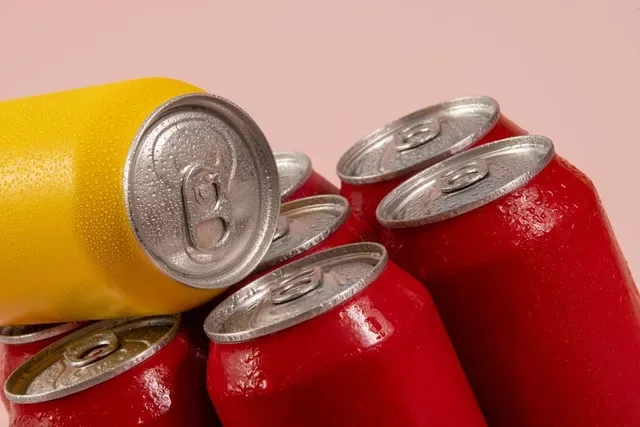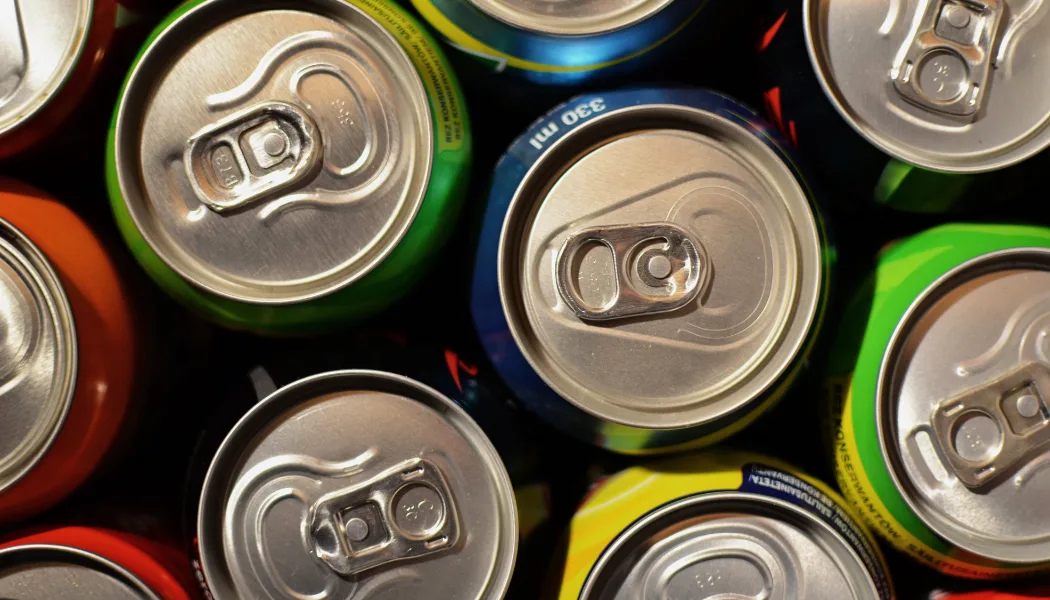People are becoming increasingly concerned with what they eat and drink. When the average person considers what beverage to drink, taste is important, of course, but the product quality and safety also enter into their equation. No one wants to drink something harmful or spoiled. This is why quality control is an important part of the beverage manufacturing process. Let’s discuss the importance of quality control in beverage manufacturing.
For companies in the beverage industry, quality control is especially important. The customers purchase items that are pure and have positive health features. The customer can easily lose trust in your brand when you do not have any actual checks in place. In this blog post, we will discuss, in very basic language, why quality control is important in beverage manufacturing and how it affects the corporation and the customer.
What is Quality Control?
Quality control, commonly referred to as QC, means checking and testing the beverage at every stage of manufacturing.This helps to provide a safe, consistent, and dependable product. QC encompasses the final drink as well as:
- Sourcing quality raw inputs.
- Following appropriate hygiene standards during production.
- Checking that the packaging is safe and representative.
- Checking that the product is correct before it gets to the customer.
Reasons Why Quality Control is Important in Beverage Manufacturing
1. Safety
Quality control’s number one purpose is safety. If beverages are not regularly inspected for bacteria, fungi, or other harmful substances, they may endanger consumer health. Ingestion of harmful particles by consuming contaminated beverages can lead to potential health issues. Quality control ensures that each bottle/pack is safe for consumption by thoroughly inspecting for contamination.
2. Consistent Taste and Quality
If you’re buying your favorite drink, but this time it tastes different. This can be a disappointment. Companies should have strict quality control checks to maintain the same taste in every batch. The customers will get the same flavor, aroma, and texture each time.
3. Building Customer Trust
When people get to know that a company is using strict quality checks, then they trust the brand name. Trust is very important in the beverage industry because most people buy products repeatedly if they like them. Strong quality control helps you to make good relationships with customers.
4. Meeting Legal Standards
Every country has a rule for food and beverage manufacturing. In India, the companies should follow strict guidelines for cleanliness, labeling, and testing. The quality control makes sure that the company meets these standards and avoids legal issues.
5. Reduce Waste and Save Money
When production mistakes are caught early by QC, they can be fixed before the products reach the consumer. With this step, you can reduce the waste, control recalls, and save a lot of money.

Steps in Quality Control of Beverages
To understand the quality of control better, you should look at the points.
1. Select Raw Material
You should select only high-quality raw materials. You should check the quality of the raw material carefully. You should focus more on the freshness, purity, and safety of the raw material.
2. Testing Ingredients
Before you mix the ingredients, you should test them. The ingredients you are using should be free from contamination and toxins. This can spoil the final product.
3. Maintain Hygiene in Production
Ensure that the equipment is properly cleaned and temperature-controlled. It helps to maintain the quality of the beverages.
4. In-Process Monitoring
You should make sure that you do proper blending, heating, or filling of bottles to maintain the right quantity in every bottle.
5. Final product Testing
When your drink is ready and packed, you should do a sample test. In this test, you can check the taste, safety, appearance, and packaging quality of the beverage.
6. Checking Packing and Labels
Continuous examination of packaging ensures there are no leaks, faulty seals, or missing information on the labels. Doing so will help you make sure that your product is safe and informative for your customers.
Benefits of Quality Control in the Beverage Industry
- Safe Products: The clients should get drinks that are safe to drink.
- Consistency: Every batch tastes and feels the same.
- Customer Trust: People only trust the brands that strictly follow QC.
- Reduced Costs: Consistent check of quality reduces mistakes. It also means less waste and more efficiency.
- Improved reputation: The businesses which have strong QC get a good reputation in the markets.
- International Market: The high-quality products can also make their impact in international markets.
Conclusion
Quality control is the heart of the beverage industry. Everything comes with quality. You have to check the quality of individual components from raw ingredients to finished goods, and packaging. It produces safe, consistent, and reliable products. Customers enjoy these beverages for their taste, quality, health, and safety. For companies, quality control means establishing confidence, saving money, and maintaining an identity.
By putting quality control first in the beverage manufacturing process, the manufacturers not only meet the set safety standards but also build up the trust of customers for many years to come.
The Frequently Asked Questions
1. What do you mean by quality control in beverage manufacturing?
Quality control means the testing and checking of the beverages. The beverage is tested at every stage of production to ensure it is safe, consistent, and high in quality.
Q2. Why are quality control checks important for beverages?
A: Quality control keeps drinks safe and keeps the flavour consistent. It helps to establish trust with customers. Additionally, it also helps the company with legal requirements.
Q3. How often should quality checks be done?
A: Quality checks should be conducted at every level. You should always check the quality of raw materials to finished packaging and labelling.
Q4. What happens if a product fails quality control?
The product batch is either corrected or thrown away. It should be investigated, and corrective measures should be implemented to avoid making the same mistake.
Q5. Does quality control increase costs?
It can certainly be perceived as an added cost at the start; however, in the future, it saves you money by preventing waste, recalls, and grievances.







